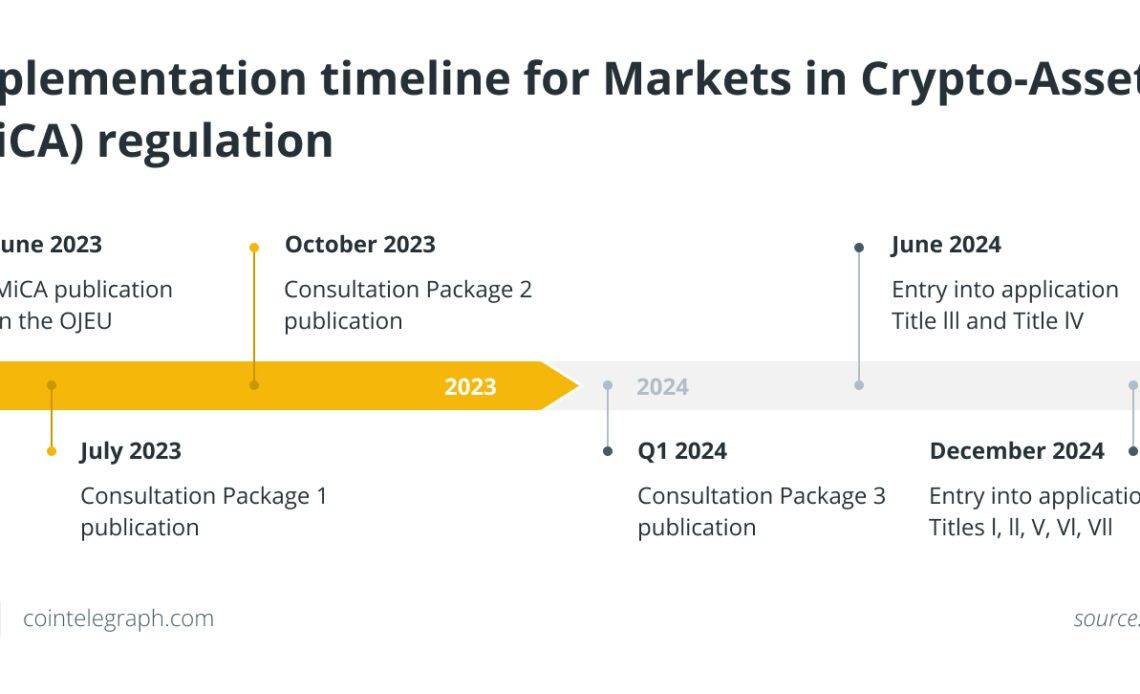When it comes to cryptocurrency/blockchain regulation, considerable attention has been focused, this past year, on the United States’ action (or inaction). But the U.S. is not the world, just one important player, and crypto, from its beginnings, has been a global enterprise.
Perhaps, then, it makes sense to step back and ask: What is going on with crypto regulation when viewed through a global lens?
For instance, how do geographic regions such as Europe, Asia and North America compare in terms of crypto legislation, rules and enforcement? Is there any single country or jurisdiction that could serve as an exemplar for regulation? How is the developing world dealing with all this variation? And finally, are there reasons to be hopeful about the way regulatory trends are now unfolding?
If one focuses solely on the negative — the tide of crypto-related collapses, bankruptcies and enforcement actions in the United States this past year — a skewed picture can emerge. Progress in places like Europe might be overlooked, like the European Union’s recent adoption of its Markets in Crypto-Assets (MiCA) regulatory framework.
“Through MiCA, the European Union has been a global model by offering the much needed regulatory clarity that crypto businesses of varying sizes and business models would need,” Caroline Malcolm, vice president of global Policy at Chainalysis, told Cointelegraph, adding:
“Regulatory clarity and consistent implementation of rules will allow businesses to devise their operational program.”
Nor is Europe necessarily alone in pursuing a forward-looking path. “There is massive momentum on achieving regulatory clarity for digital assets across the world, whether that be in the U.S., Singapore, the UAE or others,” Malcolm said.
A fragmented world
Despite some promising trends, global crypto regulation — laws, rules, enforcement, taxation, etc. — remains a mixed bag.
“There’s a lot of fragmentation when it comes to regulation depending on the jurisdictions and geographical areas,” Bertrand Perez, CEO of the Web3 Foundation, told Cointelegraph in an interview earlier this week.
“In the U.S. we know, we know what’s happening or what is not happening over there,” continued Perez, who earlier served as chief operations officer at the Diem Association (formerly Libra, Facebook’s high-profile but ultimately failed stablecoin experiment).
Magazine: Deposit risk: What do crypto exchanges really do with your money?
Europe’s…
Click Here to Read the Full Original Article at Cointelegraph.com News…
